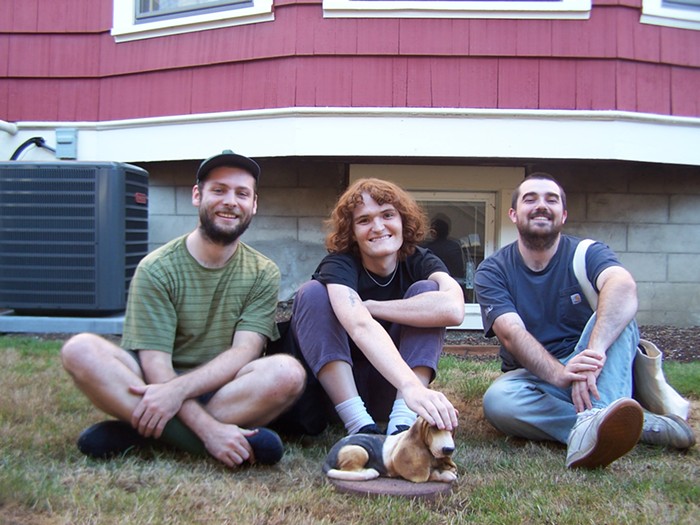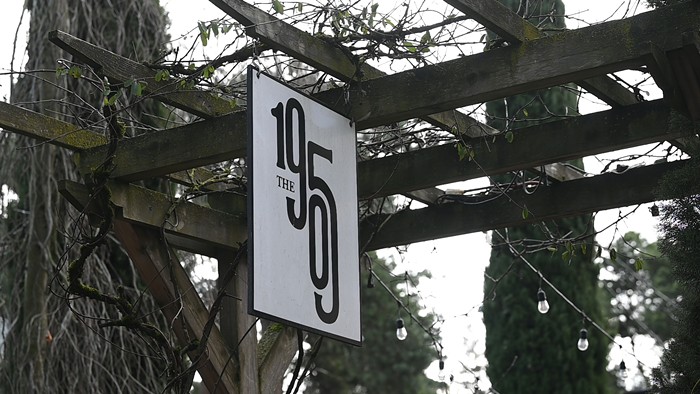IT'S AMAZING HOW the technological surge of the past decade has immeasurably changed the way people create and digest music. These days, even the broke ass and computer illiterate can engineer their own albums on their PC, carry their entire record collection in a coat pocket, or instantly send a favorite song to a buddy in Norway. On stage though, the biggest development has been the realization of the "one-man band," once an idea marred by the image of street buskers with bass drums strapped to their chests. The only drawback about these lone gunmen though is that they're often just touting glorified karaoke exploits, emphasizing schtick and theatrics over any real musical ability.
Minneapolis-born solo artist Dosh certainly has the skills to pay the bills. An agile drummer and fully autonomous live act, Martin Dosh's blend of svelte hybrid funk is impressive indeed; like Money Mark without the retro fixations or Tortoise without the stick up their collective ass. Where live chops end and prerecorded bits of pianos and strings begin is anyone's guess, but when it all dissolves together like a hot tub full of butter, it hardly matters. Dosh, an enthused musician from a young age, followed the Dead and lived in vans until ending up back at his parents' house at age 25 to try and find himself a bit. Locking himself up in the basement with only a drum set, a Fender Rhodes, and a handful of effects pedals, Dosh went on to fill up 100 hours of tape, which were eventually whittled down into his self-titled Anticon Records debut. Years later, his singular vision is still going strong, recently busting out his fifth release, Triple Rock, recorded at the time-honored Minneapolis nightclub of the same name.
Hometown shout-outs not withstanding, Dosh's creative output is more personal in tone that your average "electronic" act. He woos his wife-to-be with a song called "I Think I'm Getting Married," presents loose chronicles of parenthood such as "Building a Strange Child," and offers up a four-song cycle on Triple Rock that laments the death of their family cat. With all these familiar figures inhabiting his work, even a loner like Martin Dosh is never truly alone.


















